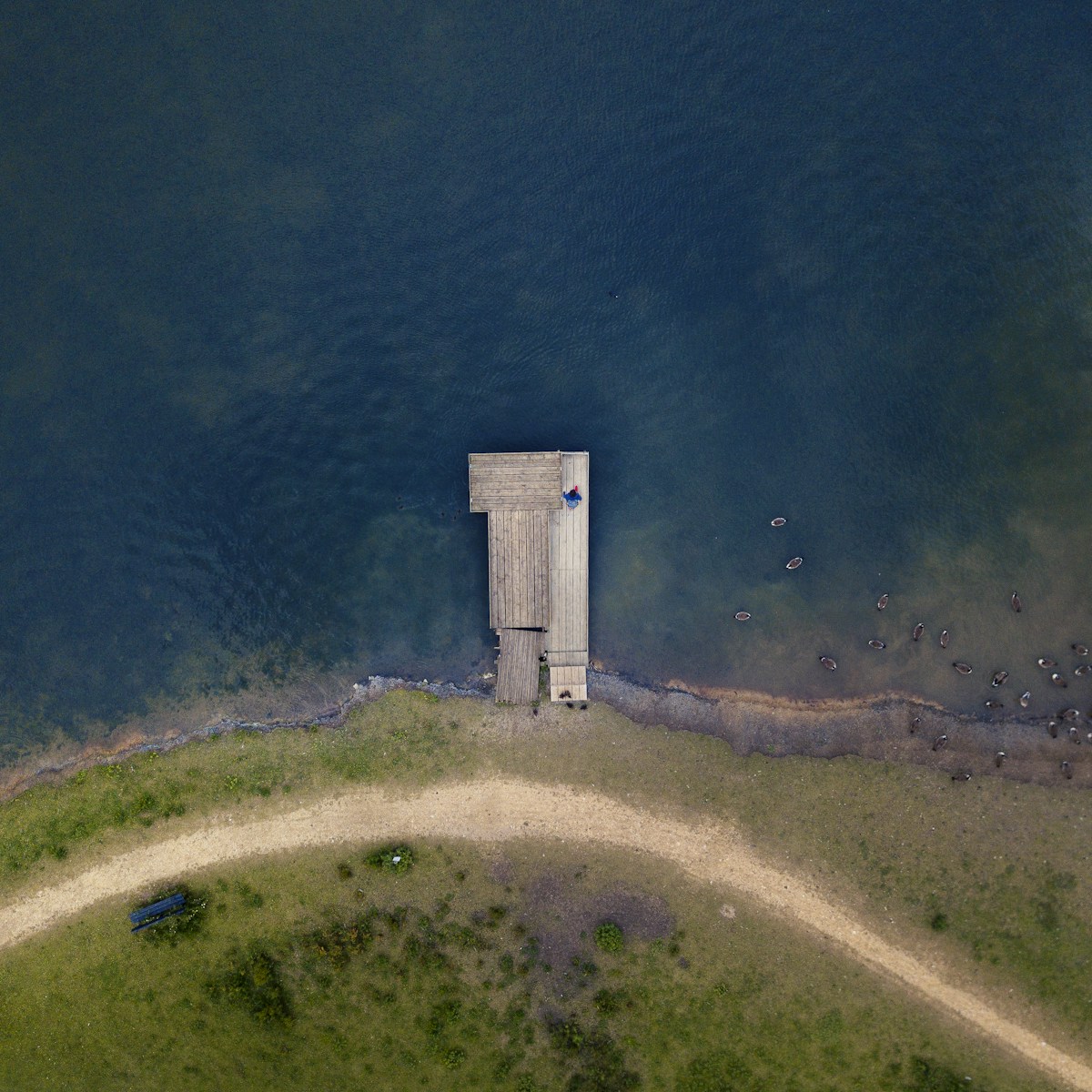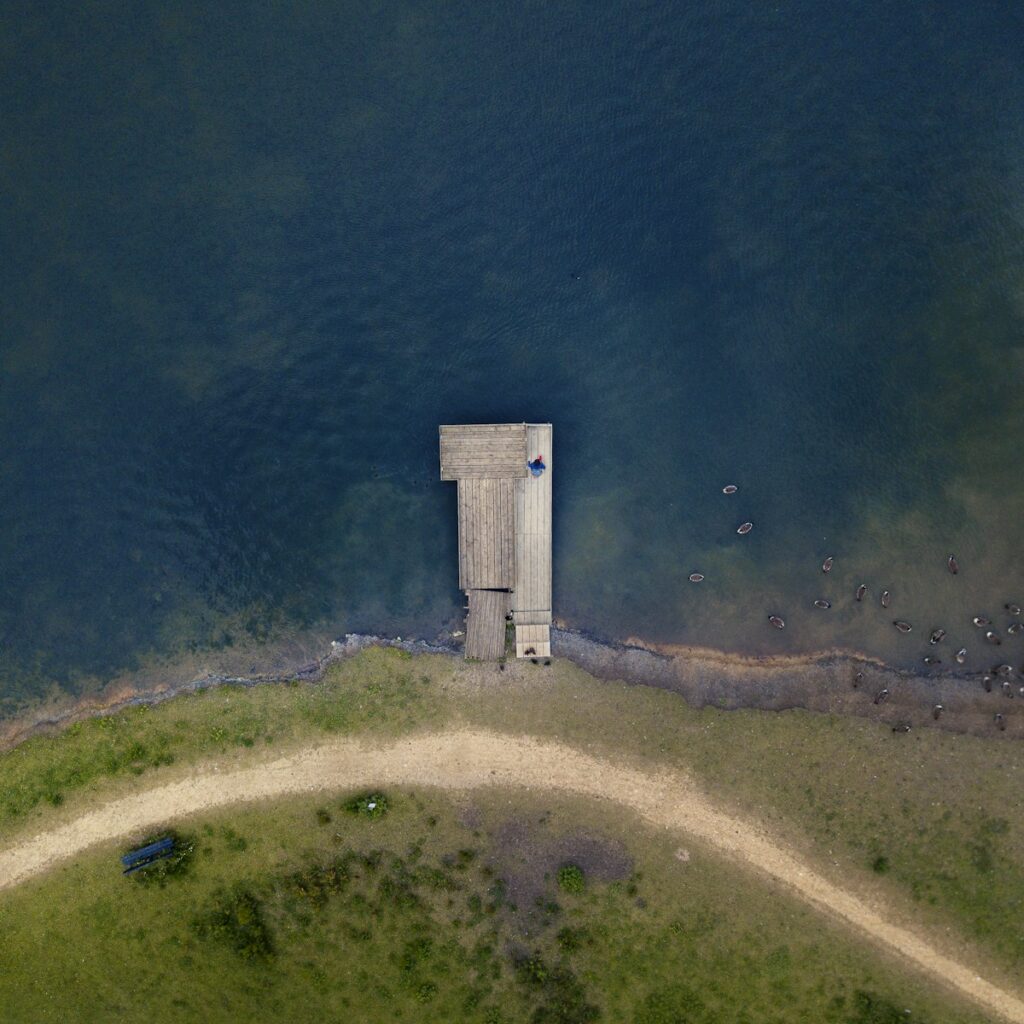Nationalization: Not the Answer to England’s Water Issues
By Branko Terzic

The Conservative government of Prime Minister Margaret Thatcher privatized ten government owned water and wastewater utilities in England and Wales 1989. Today there are some calls for “nationalization.” The Conservative Thatcher government also privatized the electric, natural gas, telephone and rail industries. These privatizations were done to accomplish objectives f introducing competition, shrinking the size of the public sector and increasing share ownership among England’s citizens.
While the introduction of competition in sectors of the electricity and natural gas industries was possible the water industry remained subject to monopoly conditions. The newly privatized water utilities were thus regulated by a single regulator: the Water Services Regulation Authority called “Ofwat”.
In preparation for water privatization, it was acknowledged that existing prices under government ownership were too low. It was also recognized that England’s water utilities did not meet new European Union water quality requirements resulting in the need for new massive investment in water infrastructure.
David M. Newberry in Privatization, Restructuring and Regulation of Network Utilities (MIT Press 2001) wrote:
“In the case of water, the problem was not so much to secure a reasonable sales price for the assets as to ensure that the privatized companies would be able to fund the very heavy investment program required to make good a century of neglect and to meet the new water quality standards specified by the European Union."
Compounding the problem was the English practice of not charging for direct water usage but rather billing customers a flat rate based on the property value of the house. While all agreed that water rates need to rise but as Newberry observed “…the message that large increases in tax like water charges related to property values would be politically disastrous was readily grasped.”
Thus, Newberry concludes, “…privatizing the water companies was the only politically acceptable way to secure price rises to fund the investment needed. Privatization was beneficial because it corrected an inefficient prices structure.”
The pricing regulatory scheme adopted for all the newly privatized utilities as an incentive-based scheme based on annual price adjustment according to a RPI-X formula. The residential price index (RPI) expressed an %/year reflected changes in prices in the economy and the X also expressed as %/year was to be an estimate of productivity improvements under competent management. Thus, if inflation as reported by RPI was 3% and the X factor was estimated at 2% that year’s rate adjustment would be set at
3%-2%= 1% annual increase in prices
The formulas would be set for a fixed period of six years. At the end of the six years rates would be reset at new levels based on the cost of service including previous years productivity improvement. The RPI-X system is a variant of cost of service/rate of return regulation.
For water companies in recognition of the need for new capital investment to meet EU requirements the formula was adjusted to RPI-X+ or - K. The “K” factor was to recognize the new environmental costs associated with the EU requirements. The initial K factors ranged from positive 4%-7%.
Subsequent to privatization of England’s water companies the new owners financed new capital investment with debt rather than shareholder equity. To support this water prices have been steadily increasing.
The New York Times October 15, 2024, article “Calls Grow to Nationalize Water in England” by Eshe Nelson reports that since privatization the water companies have invested $221 billion while accumulating $83 billion in debt and paying out $69 billion in dividends. The industry says it needs to invest another $136 billion in the next five years to reduce pollution and protect water supplies. The calls for “nationalization” are driven by consumer concerns about rising prices and polluted water ways caused by sewerage plant spillover of untreated waters.
England’s water and sewerage systems still need additional investment whether owned by private investors or as government agencies. Nationalization could be expensive as the systems would need to be purchased from the current owners and there is no certainty that operating costs would necessarily decrease under government management. Newberry reminds that under previous government ownership the water industry suffered a “century of neglect”.
He also notes that “If the regulator can be relied upon to be competent upright and independent they will better placed to identify abuses and deal with them in a timely fashion.” At this point in time, I would put my trust in regulation rather than nationalization.
The Honorable Branko Terzic is a former Commissioner on the U.S. Federal Energy Regulatory Commission and State of Wisconsin Public Service Commission, in addition he served as Chairman of the United Nations Economic Commission for Europe ( UNECE) Ad Hoc Group of Experts on Cleaner Electricity. He holds a BS Engineering and honorary Doctor of Sciences in Engineering (h.c.) both from the University of Wisconsin- Milwaukee.
#BrankoTerzic #energy #regulations #experience #research #future #opportunity #strategy #management #people #electricity #power #utilities #renewables #RenewableEnergy #energysector #powergeneration #energyindustry #powergrid #power #electrical #electricalgrid #solarenergy #windenergy #renewableenergy #windturbine #windpower #wind #cleanenergy #energy #windturbines #engineering #powerlines #powerdistribution #substation #powerplant #powersystems #electricalengineering #cleanenergy #powersector #gogreen #climatechange

